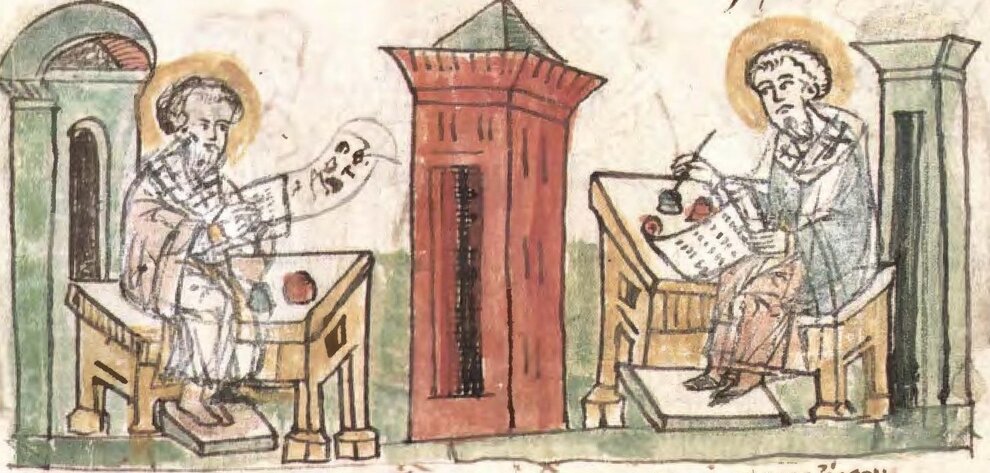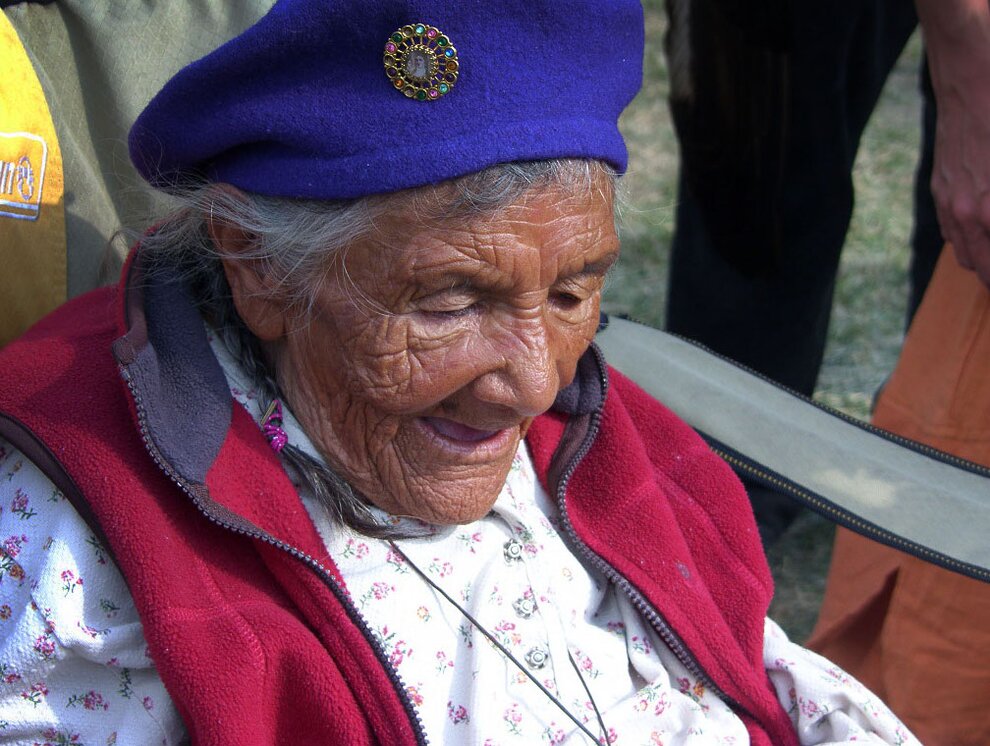The Kingdom of Madagascar in the 19th Century
29 January | Seminar "Counting and Deciphering Empires, 18th–21st Centuries"
Thursday
29
January
2026
10:00 am
12:00 pm

REMOTE SESSION ONLY
- The Kingdom of Madagascar in the 19th Century: A Bureaucratic State Without Statistics? - Seminar in French -
- The Kingdom of Madagascar in the 19th Century: A Bureaucratic State Without Statistics? - Seminar in French -
Published at 14 October 2025






